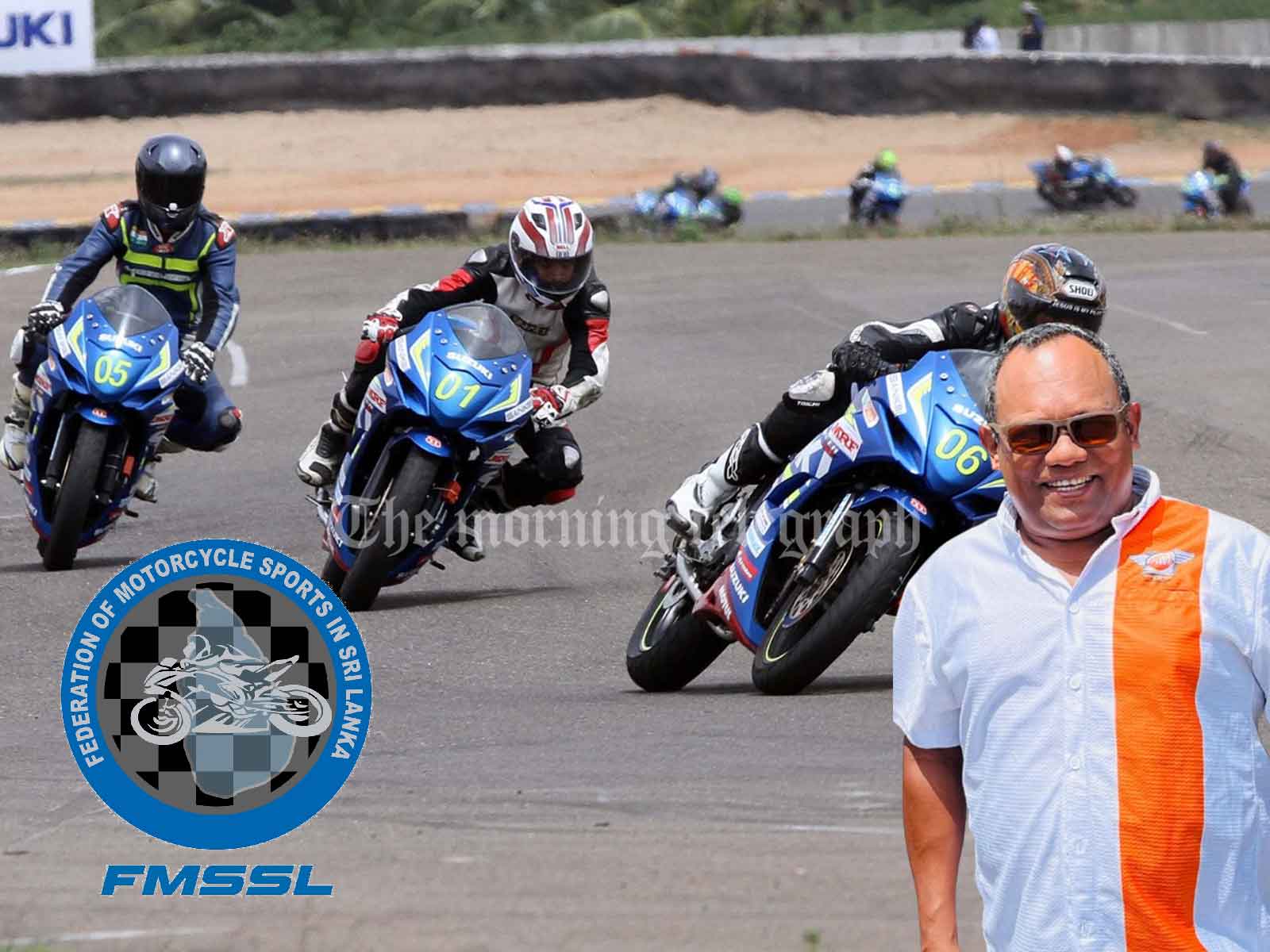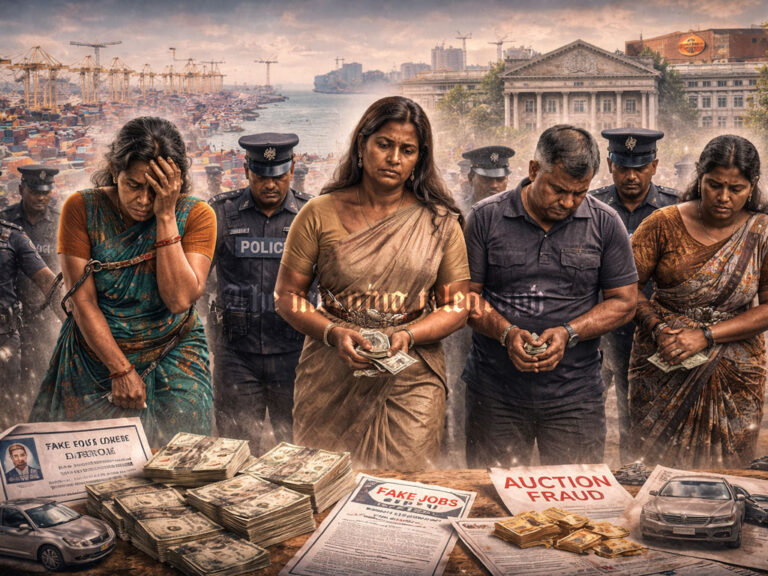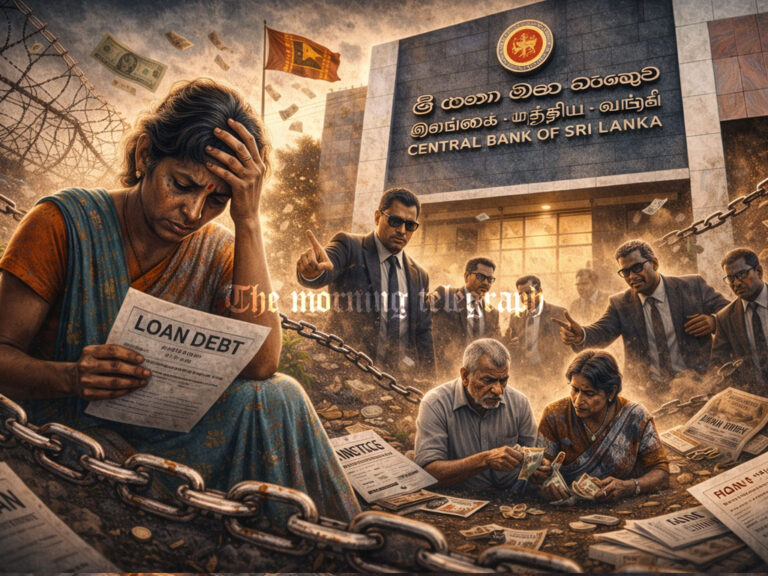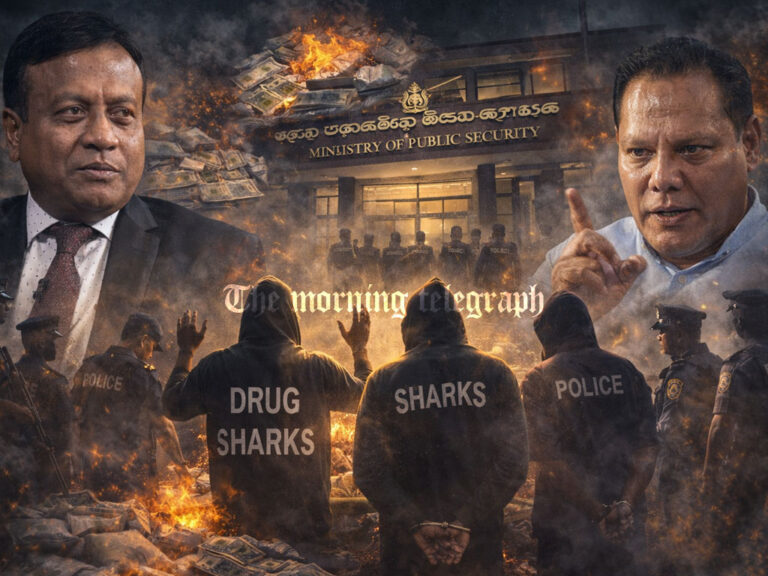
Sri Lanka’s motorsports industry is grappling with stagnation, internal conflicts, and a lack of accountability, as entrenched interests hinder reform and suppress critical information. Veteran racer and President of the Federation of Motorcycle Sports in Sri Lanka (FMSSL), Shane Gunawardena, voiced concerns over the tragic Fox Hill Supercross 2024 incident, expressing disappointment that those responsible for safety failures have largely escaped accountability. With the Sri Lanka Army and Sri Lanka Automobile Sports (SLAS) delaying their reports, Gunawardena suspects a deliberate effort to avoid confronting the truth behind this preventable disaster.
Resistance to Change Amid “Paper Clubs” Influence
Gunawardena’s recent brief appointment as a point of contact within the Sports Ministry highlights the internal power struggles hampering Sri Lankan motorsports. Many “paper clubs,” which exist primarily on paper without substantial activity, wield outsized influence in governance and resist transparency efforts. Gunawardena’s removal, driven by pressure from these groups, underscores the deep-rooted resistance to reform within the industry and the lengths to which some officials will go to protect their vested interests.
Justice Delayed for Fox Hill Victims
The Fox Hill Supercross tragedy in Diyatalawa, where inadequate safety protocols led to the loss of eight lives, remains a sore point. Despite a court inquiry, reports have yet to be released, with Gunawardena emphasizing the injustice faced by victims’ families due to ongoing delays. He believes transparency is essential to restore trust and prevent similar incidents. By withholding key findings, officials hinder the possibility of justice and leave critical safety gaps unaddressed, placing future events at risk.
The Dissolution of SLAS: Opportunity or Obstacle?
The dissolution of SLAS by the former Sports Minister left a governance vacuum, creating both challenges and opportunities. Gunawardena views this as a chance to rebuild the sport on a foundation of integrity, yet legal battles and conflicts have stymied progress. Without proper leadership, the motorsports community and its athletes are left without a clear path forward.
Urgent Need for Independent Oversight
Gunawardena calls for the establishment of an independent governing body, free from the influence of “paper clubs” and other conflicted entities, to restore credibility in motorsports. He advocates for stricter safety protocols, expert oversight in track management, and mandatory emergency response training for all staff. These measures, he believes, are essential to creating a safer environment for fans and competitors alike.
Untapped Potential of Sri Lankan Motorsports
While Sri Lanka’s motorsports scene has significant potential, it remains bogged down by outdated infrastructure and internal politics. The lack of International Automobile Federation (FIA) affiliation further hinders growth, and development funds from the International Motorcycling Federation (FIM) have been poorly utilized, with races still held on a decades-old airstrip.
Achievements and Future Prospects in Motorcycle Racing
Despite these challenges, FMSSL has made notable strides, such as winning gold at regional competitions and securing spots in international circuits. Gunawardena believes that, with appropriate support, Sri Lankan riders could achieve success on a global scale.
SLAS Conflicts of Interest
Gunawardena points out that SLAS is plagued by conflicts of interest, with some governing members related to active racers. Without a full overhaul, he argues, it will be difficult to restore public trust. An independent, corruption-free governing body is crucial to safeguard the sport’s future.
Commitment to the Future of Motorsports
Though he did not seek a leadership role, Gunawardena remains committed to advancing motorsports in Sri Lanka. He is open to taking on future roles if the government requests his involvement, aiming to ensure that the sport is managed fairly and reaches its full potential.
Gunawardena’s insights highlight the urgent need for reform and transparency to honor the Fox Hill victims, revitalize Sri Lankan motorsports, and protect the sport for future generations.
For more than 40 years, FIA affiliation has remained with a private club, while FMSSL has managed its FIM affiliation for nearly 30 years. Back in 2010-11, under Gerard Abeysena’s leadership as President and my tenure as Secretary, we secured funding. However, in the following 12 years, FMSSL was under the control of “paper clubs,” resulting in no real progress or funding for motorsports.
After being elected President, I’m proud to say we immediately obtained 24,000 euros from FIM for two projects, with additional plans for 2025 collaborations. In stark contrast, FIA-affiliated projects remain opaque, with no transparency around fund allocations. It’s clear that holding foreign affiliations under private clubs hampers the sport’s development. Those holding onto this setup should transfer it to the local governing body to attract genuine funding and support.
For 70 years, we’ve relied on the Katukurunda airstrip. I raced there, my children raced there, but I don’t want future generations, including my grandchildren, to have to race on outdated facilities. With the new administration, we have a unique opportunity for real progress, and failing to act on it would be a huge disservice to the future of motorsports in Sri Lanka.




